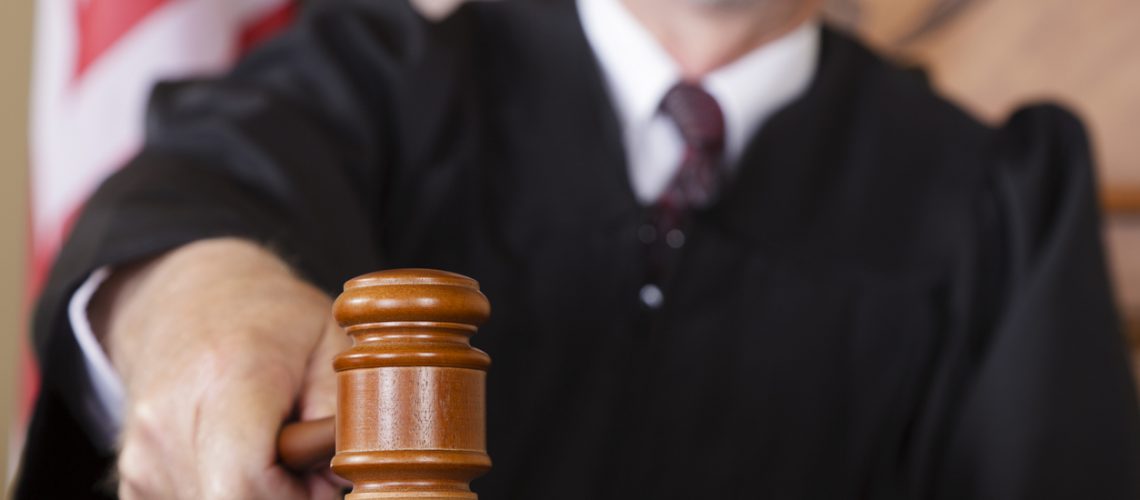“You can’t handle the truth!” -Col. Jessup
As a former member of the U.S. Army’s Judge Advocate General’s Corps, the movie A Few Good Men holds a special place in my heart. While there are many inaccuracies in the film, it provides insight into the military justice system that would otherwise not exist.
Although many things in the film are not realistic — Lt. Kaffee would not have a career as a military defense attorney if he were as lazy and trial-adverse as the character is written — one thing about the film is spot on. Unlike civilian criminal trials that can drag on for years, a relatively short amount of time elapses between the crime and the trial in the military justice system.
In the movie, it seems like just a few months pass between the time of PFC Santiago’s death in a hazing gone awry and the trial of the Marines accused of murdering him. Swift justice is a defining characteristic of the Military Justice System. How long a typical case takes from start to finish depends on the seriousness of the alleged crime.
Summary Court Martial
A summary court-martial is for minor offenses. A single officer presides over the hearing, and the punishment he or she can impose depends on the grade of the accused. As in the civilian legal system, the government has the burden of proving guilt, and the accused has the right to cross-examine witnesses, to call witnesses and produce evidence, and to testify or remain silent.
These cases can take as little as a week to resolve, but they typically last anywhere from a few weeks to a couple of months.
Special Court Martial
In contrast to a summary court-martial, a special court-martial may be presided over by three or more members and a military judge, or a military judge alone. An enlisted service member may ask that at least one-third of the court members be enlisted. It may try all persons subject to the Uniform Code of Military Justice (UCMJ), including officers, and hand out any punishment authorized under the Rules for Courts-Martial (RCM) except death, dishonorable discharge, confinement for more than 1 year, hard labor without confinement for more than 3 months, forfeiture of pay exceeding two-thirds pay per month or any forfeiture of pay for more than 1 year.
Most of these cases take 3 to 6 months to wrap up. If you ask for a full panel to hear the case rather than a single military judge, it can take longer.
General Court Martial
General courts-martial are reserved for the most serious crimes, and they, therefore, take the longest.
In most cases, the person facing a general court-martial gets to decide if they would rather be tried by a military judge alone or a panel consisting of a military judge and at least five members. Upon request, an enlisted accused is entitled to a panel consisting of at least one-third enlisted membership.
These cases typically take 6 months to a year to resolve, but the timing can really vary depending on the circumstances.
Swift Justice
The military justice system prides itself on its efficiency. There is an understanding that dragging out cases diverts resources from broader objectives, and is bad for morale. As a court-martial defense attorney, it is my job to make sure my clients’ rights are not trampled on as the government tries to resolve cases quickly. I take this responsibility seriously.
If you or a loved one has been court-martialed, and you have questions about the timeline the government will follow or anything else for that matter, I am here to help. Please contact me today.


